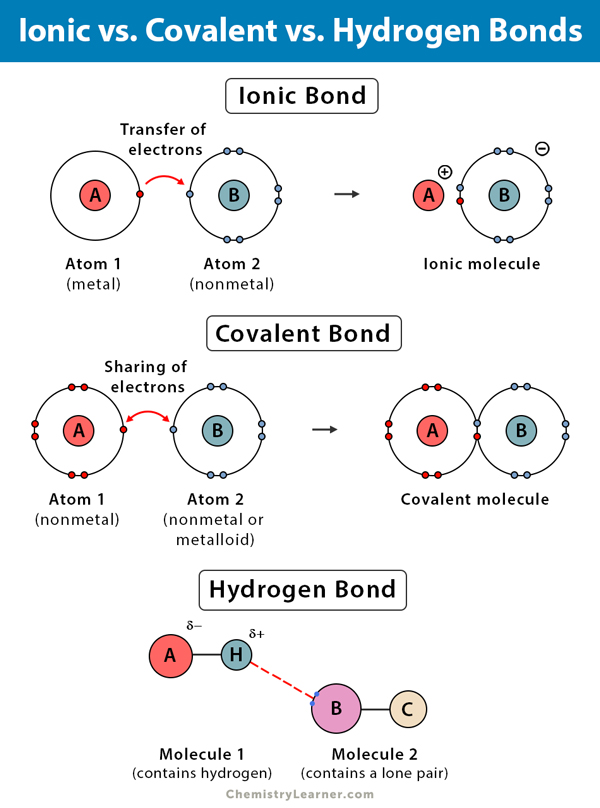

However, intramolecular hydrogen bonds cause a lowering in the boiling points of the substance. The reason is that fluorine can make one hydrogen bond on the other hand, in water, there are two hydrogen bonds per molecule. It is important to note that the boiling point of Hydrogen fluoride is expected to be higher than water but, it is lower. The boiling points of some compounds are given below: This is the reason why, water (H 2O), hydrogen fluoride (HF), and ammonia (NH 3) show anomalous behavior and have high boiling points than other compounds The compounds containing intermolecular hydrogen bonds have high boiling points. The boiling point of compounds is greatly affected by hydrogen bonding. It may also increase by increasing the basicity of ‘Y’.Įffect of hydrogen bonding on properties of compounds On Boiling point The strength of the hydrogen bond increases with increasing acidity. Whereas the strength of van der Waal forces and covalent bond has 4 kJ/mol and 464 kJ/mol bond energies respectively. The strength of the hydrogen bonds is between 8 – 42 kJ/mol. The hydrogen bonds are intermediate in strength between van der Waals forces and covalent bonds. For example, ortho-nitrophenol, and ortho-benzoic acid contains this bonding. When a hydrogen bond is present within a single molecule is known as an intramolecular hydrogen bond. For example, ammonia, alcohol, water, etc contains this type of hydrogen bond. In this type of bond, two molecules are associated together. The type of hydrogen bonds between two or more similar or different molecules is known as intermolecular hydrogen bonds. Paints, polymers, and the textile industry.

The cleansing action of soap and detergents.Applications of compounds containing hydrogen bonds.Effect of hydrogen bonding on properties of compounds.


 0 kommentar(er)
0 kommentar(er)
